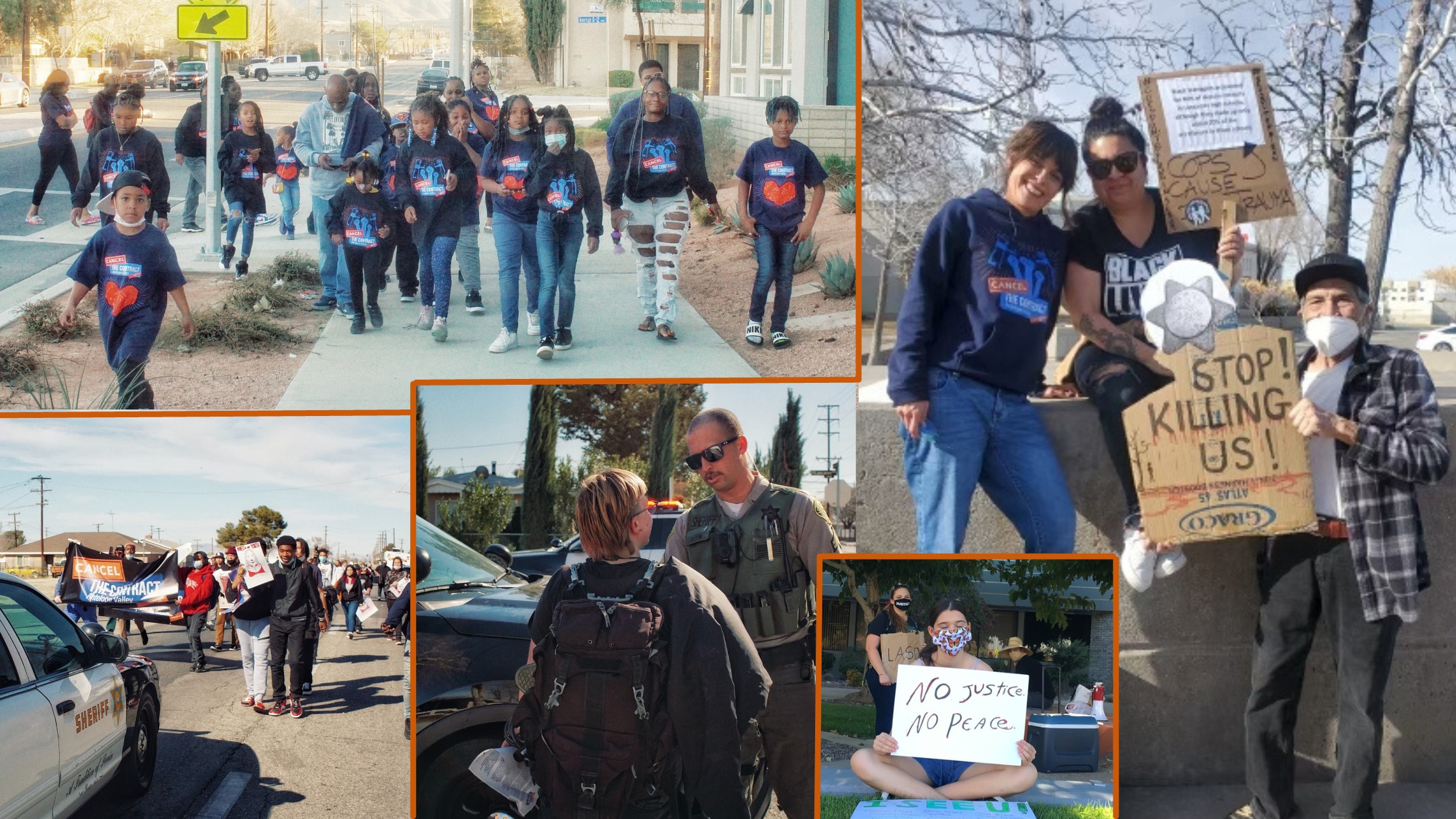
Settlement Agreement History
In 2011, the US Department of Justice’s (DOJ) Civil Rights Division launched an investigation of the Los Angeles County Sheriff’s Department in response to complaints of alleged violations of the Fair Housing Act in Antelope Valley and unconstitutional policing. The DOJ investigation also documented a series of white supremacist-related crimes that had haunted the Antelope Valley from the 1990s to the early 2000s. Upon completion of their investigation in June 2013, the DOJ issued their findings that LASD’s Lancaster and Palmdale Stations had engaged in a pattern and practice of conducting stops, searches, and seizures that were unreasonable and in violation of the Constitution and federal law.
As filed on April 28, 2015, the Los Angeles County Sheriff’s Department, LA County, and the DOJ entered into negotiations and developed a Settlement Agreement to ensure that the residents of Antelope Valley were provided with police services that are lawful and consistent with the United States Constitution and contemporary policing practices. Among the violations addressed by the Settlement Agreement were:
- targeting Black people with discriminatory enforcement of the Section 8 housing program;
- deputies engaging in a pattern of misconduct that included pedestrian and vehicle stops in violation of the 4th Amendment (“stops that appear motivated by racial bias”);
- unreasonable use of force;
- discrimination against residents on the basis of race.
Settlement Agreement Compliance
After 7 years of oversight by the DOJ Monitoring Team, the Sheriff’s Department and the County continue to be grievously out of compliance with the majority of terms of the Settlement Agreement. In their most recent biannual report (December 2022), the Monitoring team cited the following factors as “critical failures by LASD and the County with the implementation of the SA:
-
- Lack of leadership and executive involvement.
- Lack of attempts to undertake or prioritize required SA-related work.
- Lack of urgency.
- Insufficient resources allocated to the SA-related work.
- Insufficient use of data and a lack of a culture of transparency.
- Lack of progress on LASD internal audits.”
Since 2020, CTCAV has been holding meetings with DOJ Officials, Monitoring Team members, the Sheriff’s Department, the CA Attorney General, and the 5th District to communicate concerns about lack of compliance and relay ongoing LASD violations. Below are some of the resources CTCAV has provided as education to the community on these critical issues.
Settlement Agreement Resources
- CTC 9_25_23 Letter re Lancaster PD to All Parties
- OIG Q4 2023 – LASD Reform and Oversight Efforts.
- 08.28.2023-AV Settlement Agreement Monitoring Team 16th Semi-Annual Report – Summary and Highlights
- 8-25-23 Joint CTC-ACLU Letter re LASD Non-Compliance
- CTC 7_13_23 Letter to BOS re Settlement Agreement
- DOJ Letter CancelTheContractAV Oct 2021
- LASD AV Policing Report_10.1.2021
- Letter-to-AG-Request-for-Inclusion-of-AV-in-Investigation-into-L.A.-County-Sheriff-Department March 2021
- AV Settlement Agreement Monitoring Team 10th Semi-Annual Report – Summary and Highlights
